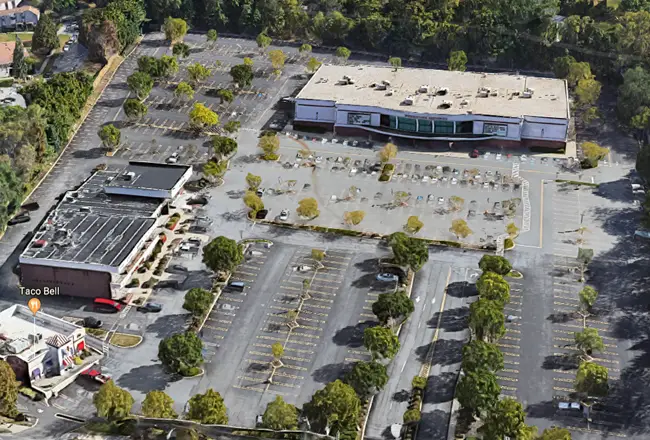In the words of Plato: “No man should bring children into the world who is unwilling to persevere to the end in their nature and education.”
Plato didn”™t dwell on perseverance in regard to children”™s clothing ”“ and one doesn”™t need to be a world-celebrated philosopher to recognize how quickly kids outgrow their clothes and how expensive it can be to keep the young ones properly dressed.

Haley Lieberman, a fashion designer and stylist in the New York City entertainment industry, quickly learned that the hard way shortly after the birth of her twins in October 2017.
“I saw just how badly we needed a solution for this problem with kids”™ clothing,” she lamented. “We wanted somebody else to give our clothing to ”“ all of these clothes had value that they grew out of and were in great condition. But there was no system for resale in the children”™s market. Children”™s clothing has such a low MSRP that there really isn”™t any resale value. So, parents wind up buying clothes retail and storing them in the basement after they were outgrown.”
Lieberman acknowledged websites like eBay listed used children”™s clothing, but she observed that came with cost and quality-control concerns ”“ sellers are getting pennies on the dollar for their merchandise and buyers run the risk of getting inferior merchandise from people they don”™t know. She theorized that a system where the clothing could be passed along among trusted individuals without price tags attached would work better.
“Everybody loves a good hand-me-down, no matter the economic demographic,” she added. “So, I figured, let”™s fix this broken analog system.”
In April 2018, Lieberman conceived an online platform called Reloved, which was later renamed Shop Tomorrows. Unlike e-commerce sites, Shop Tomorrows operates as a peer-to-peer network platform where members engage in the exchange of children”™s clothing.
“We are the platform, but we don”™t warehouse,” Lieberman said, noting the merchandise exchange is handled by the members. “What is unique is that parents are never exchanging cash among each other. We operate on a point system. If you are a parent who has outgrown clothes, you post them on the site for a certain number of points that we help you with through our evaluation. You then use the points for other things on the site. There is no awkwardness. Instead, you give me your clothes and I say, ”˜Thank you.”™ ”
To monetize this endeavor, Shop Tomorrows charges what Lieberman described as a “very low flat fee” on each transaction, while new parents coming to the site seeking to acquire rather than sell would purchase points to participate.
Shop Tomorrows enables its users to determine the parameters of participation.
“You are creating a network,” Lieberman continued. “This is not about shopping from strangers”™ closets. Here, because we are socially media enabled, you can choose to shop just your friends, or your friends of friends of friends or your ZIP Code. As we scale, you can shop in microcosms of your community.”
Lieberman gave Shop Tomorrows a beta test run last September and is aiming to go live with the platform in March. She is hopeful that the concept will allow her to expand its product offerings to include other items including toys plus goods and services aimed at parents, and she would be willing to consider advertising from sustainably oriented organizations. She believes the Shop Tomorrows approach puts her in the right place at the right time.
“We are launching at a time when being sustainable and being cost-conservative is a hot topic, so this works very well for us,” Lieberman stated. “Resale is booming and there are other communities that warehouse, but there is no peer-to-peer specializing in children”™s stuff. We”™re looking forward to being the first to emerge in the space.”






















